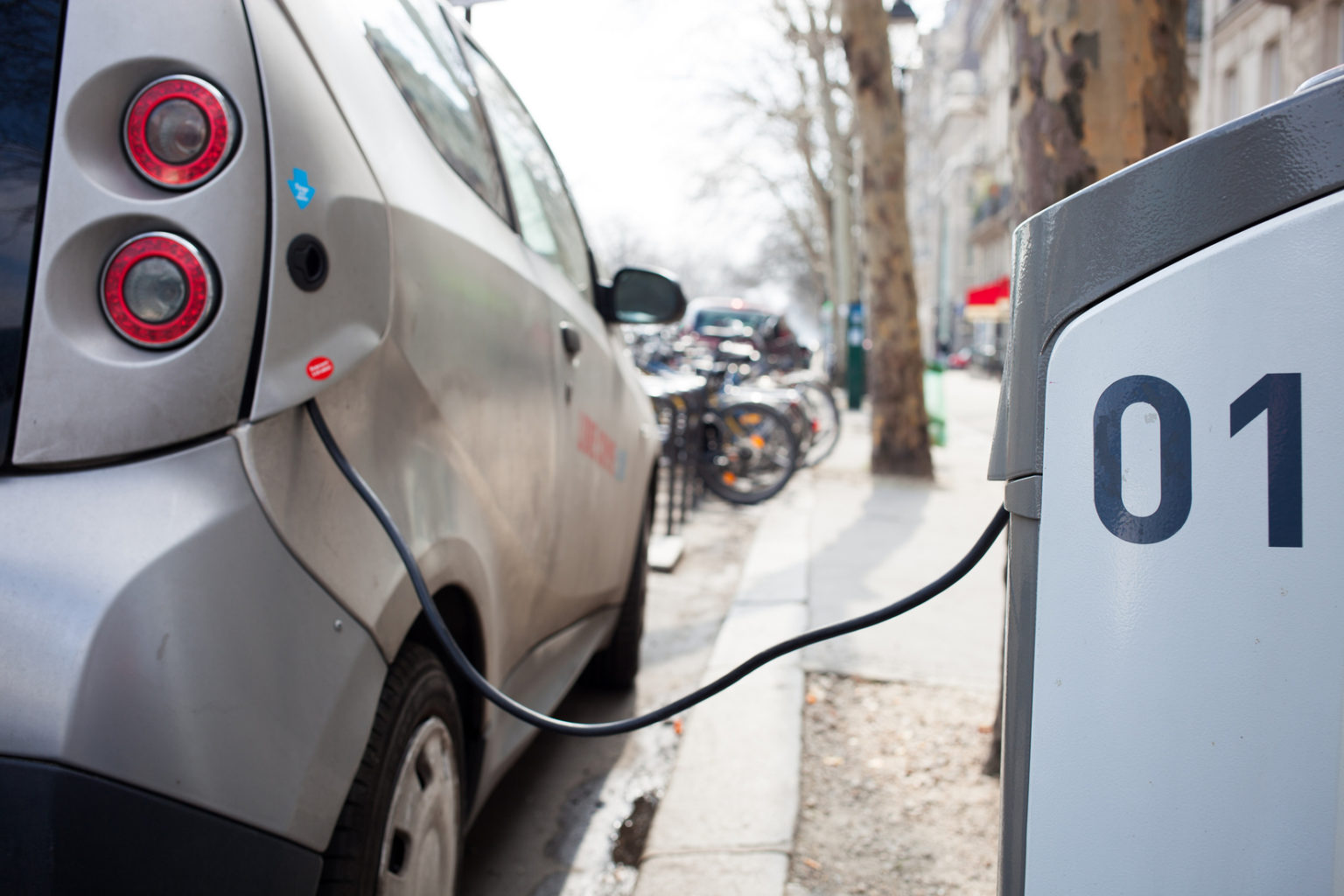In just three years the growth in global demand for fossil fuels could come to a halt and begin to decline in response to the falling cost of electric vehicles and solar technology a new report out today reveals.
New research published by Carbon Tracker and the Grantham Institute at Imperial College London has found that from 2020 onwards the uptake in electric vehicles (EVs) and solar technology is expected to leave significant reserves of coal, oil, and gas stranded.
Within a decade fossil fuels could lose a 10 percent market share to solar and EVs, the study warns.
The analysis challenges the oil companies’ energy forecasts, suggesting that the fossil fuel industry “consistently underestimates” the power of clean energy such as EVs and solar said Luke Sussams, senior researcher at Carbon Tracker.
“Technology is typically notoriously difficult to predict,” Sussams explained. “So far, the energy industry and fossil fuel companies themselves have been constantly playing catch-up with regards to [predicting] the penetration of low carbon technologies like solar PV and electric vehicles.”
The power and road transport sectors make up about half of all fossil fuel consumption – meaning a shift towards greener power sources could have a dramatic impact on fossil fuel demand and greenhouse gas emissions.
The report bases its projections on a scenario which incorporates the latest cost reduction projections for solar PV and EVs alongside the national commitments agreed under the Paris Climate Agreement.
Under this low-carbon transition projection – which the report argues is the new ‘business-as-usual’ – global warming could be limited to a 2.4C to 2.7C average temperature increase by 2100.
The report anticipates EVs could make up a third of the road transport market by 2035. In contrast, BP’s 2017 energy forecast released recently takes a more conservative approach, expecting EVs to make up only 6 percent of the market by that time.
The report also finds that growth in EVs alone could cause 2 million barrels of oil per day to be displaced by 2025. This is the same volume that caused the oil price collapse in 2014-15.
Solar power meanwhile could supply 23 percent of global power generation by 2040 the report expects, and entirely eliminate coal – leaving natural gas with just 1 percent of the market share – by 2050. ExxonMobil on the other hand, expects all renewables to supply just 11 percent of global power generation by 2040.
To date, oil companies have not been very transparent about the different assumptions incorporated in their future energy scenarios Sussams explained. He hopes though that studies such as this will help push them to consider the full impact of low carbon technologies.
“Now that [investors] know these downside fossil fuel demand scenarios are feasible, realistic and could happen,” he said, “we want investors to be going to these companies and saying ‘ok look, the risk is real, now you need to start disclosing some of your assumptions, and increase your transparency’ and then investors themselves can perhaps align their own capital investment decision making with the carbon constraints.”
He continued: “There’s so many instances in the past where people have underestimated technology growth, there are too many to count, so really the fact the industry is only considering business as usual projections that really reinforce the status quo seems really naive and a potentially risky approach to take.”
Photo: Hakan Dahlstrom via Flickr | CC 2.0
Subscribe to our newsletter
Stay up to date with DeSmog news and alerts







